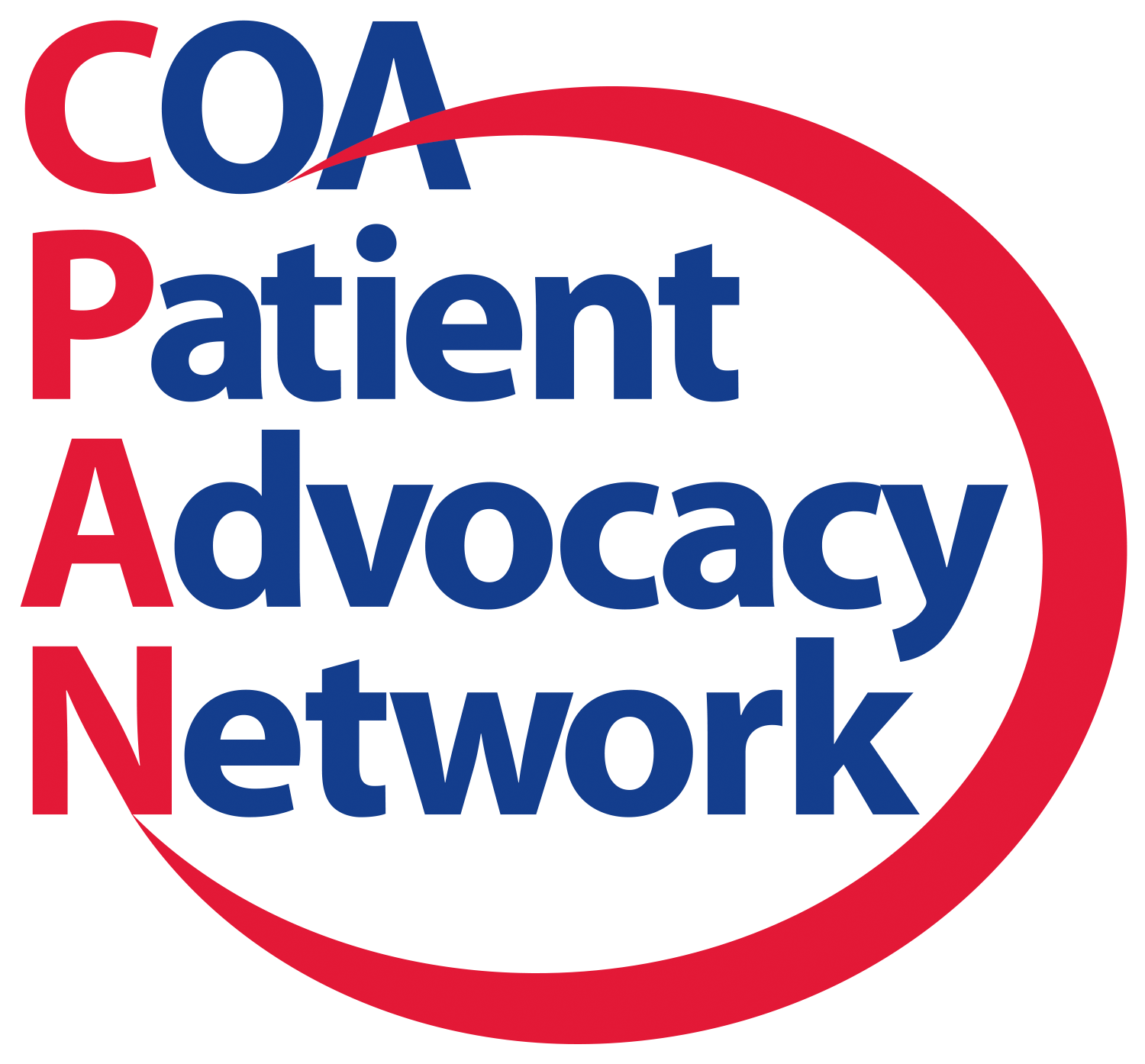
Cancer Care Improvements Have Come ‘Leaps and Bounds’ Over the Years

As a part of its “Speaking Out” video series, CURE® spoke with Dr. Miriam Atkins, on behalf of the Community Oncology Alliance, about how cancer care has changed over the years.
Transcription:
Colleen Moretti: Where have we seen the most of the advancements or improvements in oncology care over the years?
Dr. Miriam Atkins: That's a great question and I can certainly answer that because I've been doing oncology since 1993 — so almost 30 years so I've seen a lot of changes, and it's makes me very happy. Some of the biggest changes are the supportive care medications, such as growth factors so your white blood cell count does not drop, medications for nausea, medications for other side effects so we can actually get the patient through the treatment. When I first started in oncology, patients were all very sick, they were all in the hospital and many of them didn't live very long. Now I have patients up and take care for 15, 20 years because they're able to get through the treatment and the treatments are better. We have more targeted agents, we have more agents to the patient get treated at home, or in a more convenient setting for them. Cancer care has just improved by leaps and bounds so people are now living with cancer and not dying from cancer.
Moretti: What is there a focus on now in oncology care that there used to not be?
Atkins: The focus now are targeted therapies. We're now doing genetic markers on patients and genetic testing on patients to determine if the patient has this particular marker we can use this particular specific drug to target mainly the cancer cells and not the other cells in the body. Chemotherapy affects all the cells in the body, cancer cells grow faster than normal cells, and that's how chemotherapy works on those cells. Well, now if we have targeted therapy, we can work just on the cancer cells and not the hurt the other cells that are in the body.
Moretti: How has palliative care, and a focus on side effects changed throughout the years?
Atkins: The definition of palliative care is the interdisciplinary approach aimed at optimizing the quality of life and preventing suffering in patients with complex and terminal illnesses and their families. So if you're on palliative care, you can still get your cancer treatments and still see your cancer physician. I think a lot of patients don't want to go on palliative care or even hospice because they think “Oh my goodness, that means I don't have my doctor anymore. I can't come in to see my doctor anymore. I can't get my treatment.” During palliative care, you could get all of those things and still get your treatment because they help with things like pain management, physical therapy. And my father had cancer and he was on palliative care, and they just were wonderful. I do oncology every day, but they thought of things I had never thought of they brought equipment, they brought physical therapy, they brought in spiritual therapy, things that will help his quality of life even if it doesn't take care of the cancer.
Moretti: What does the future hold for oncology care? What further advancements are we hopefully going to see?
Atkins: We'd like to see advancements where every cancer is treated with its own targeted therapy. There you can have, this genetic marker this particular cancer so we'll give this particular drug. Right now we give a drug based on the patient's diagnosis when it's approved, for which is great. But if we can have more targeted therapy to help treat patients better and longer, and hopefully as we have more treatments in their round longer, they also become less expensive. That will be wonderful for the future of cancer care.
This transcription has been edited for clarity.




